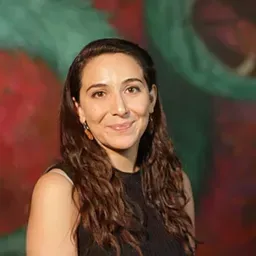
Raul Lejano
Sessions auxquelles Raul Lejano participe
Lundi 31 Mai, 2021
One of the relatively unexplored dimensions of climate denial is the power of its narrative in attracting adherents. We investigate the properties of its narrative, using various tools from applied narratology and discourse analysis, and demonstrate how and why it resonates with many and how it isolates this social movement from effective dialogue. One interesting finding is that climate denial may be founded upon a 'genetic' metanarrative that is, at its core, not even about climate itself, ...


